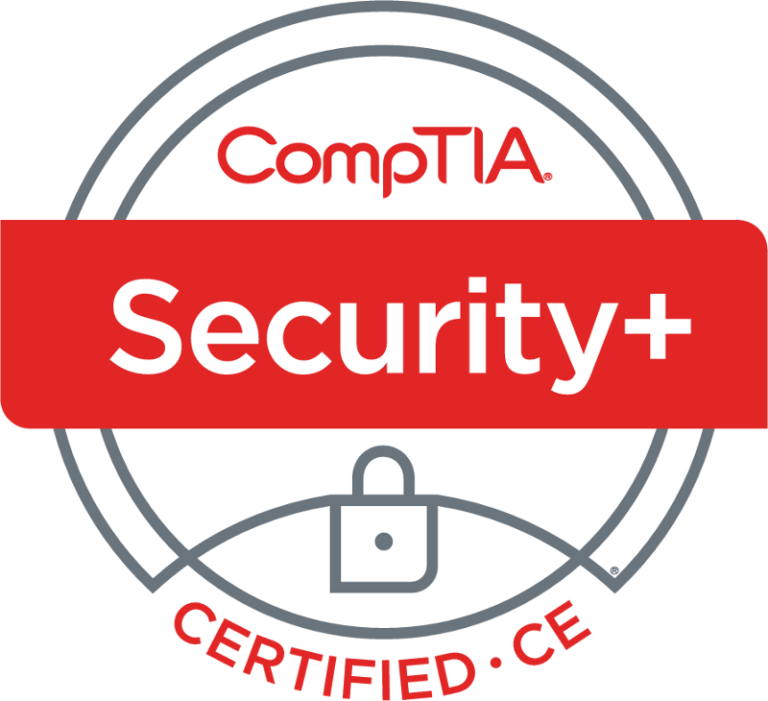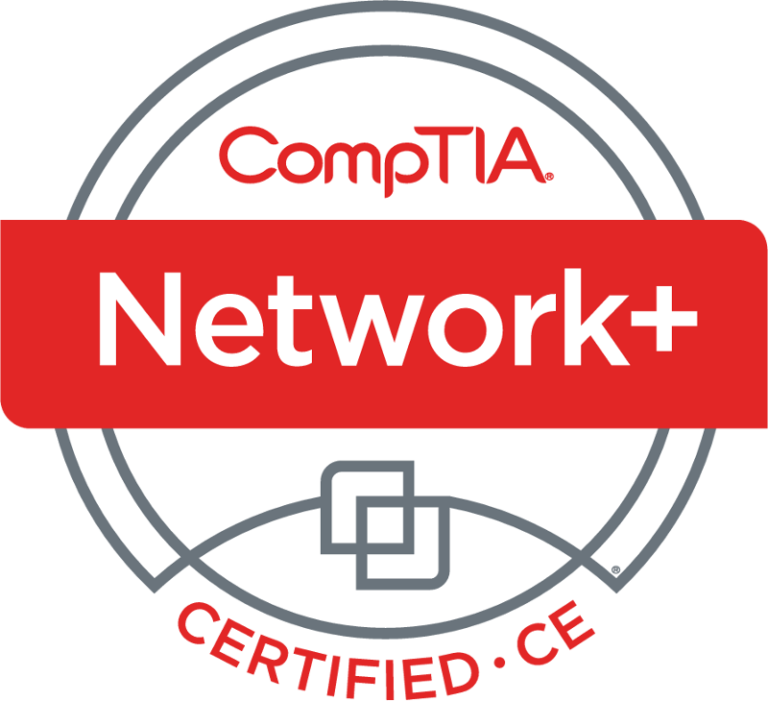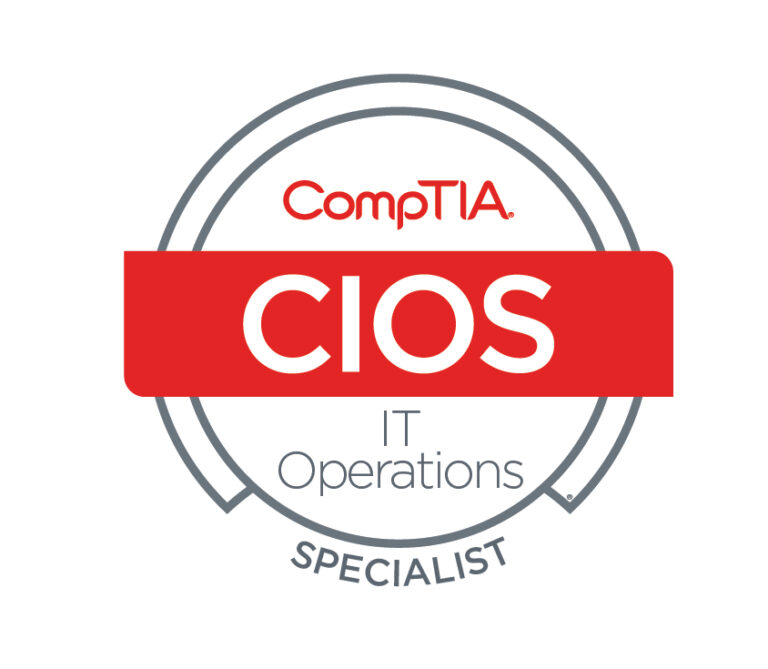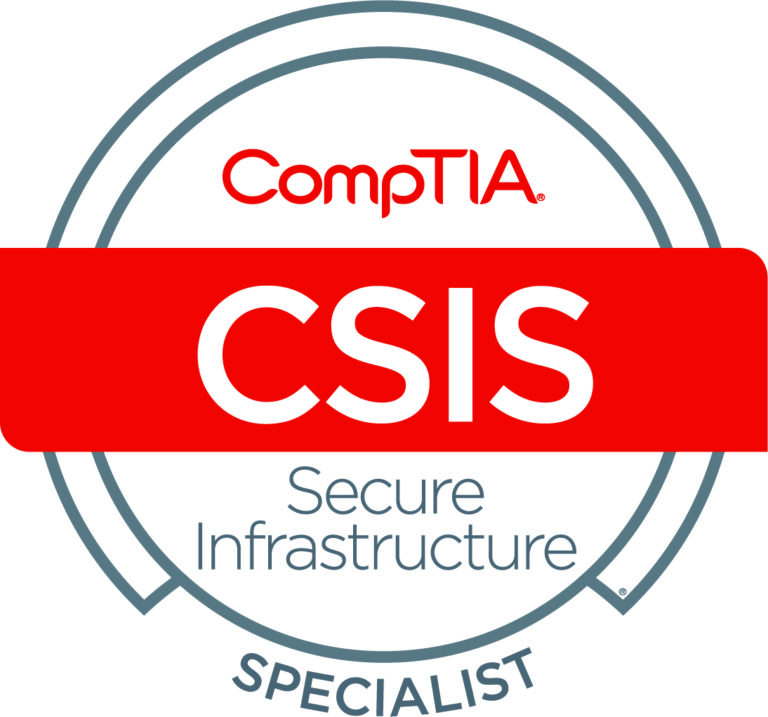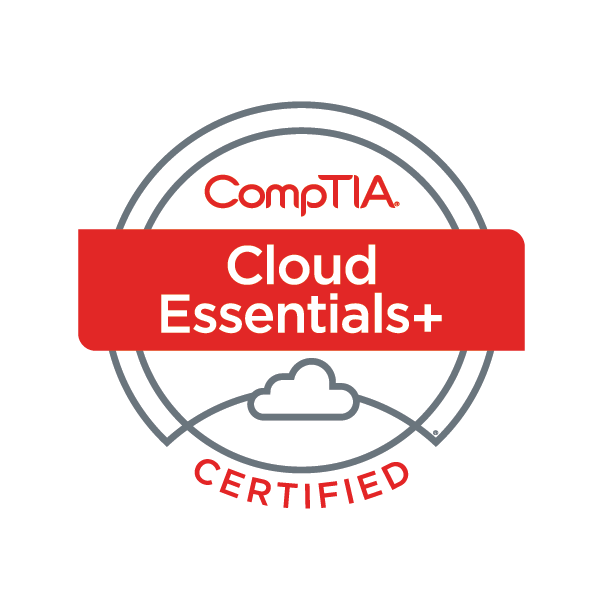Does this sound familiar?
You’re running a small business. You have a great team. Loyal customers. Business is steady or growing.
But every week — or every day — you hear about cyberattacks targeting companies just like yours.

And while you know cybersecurity is important, you don’t have an enterprise-sized IT budget. You’re busy running your business. You need practical solutions that work without draining your time or money.
At Golden Hills IT, we work with businesses exactly like yours every day. And the good news is this:
Many small businesses are not just surviving today’s cyber risks. They’re turning cybersecurity into a business advantage.
In this article, we’ll show you how.
Why Small Businesses Are a Prime Target in 2025
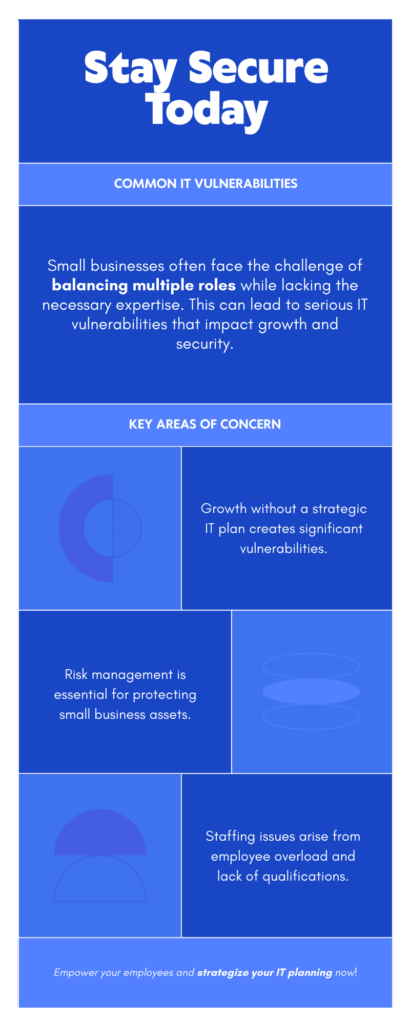
It’s a myth that cybercriminals only go after large corporations.
In reality, small businesses are now a favorite target.
Why?
Because SMBs often have:
Limited or no internal IT staff
Smaller budgets for advanced security
Older or unsupported hardware and software
Employees who are managing many roles at once, often without formal security training
And today’s attackers have automated their tactics, making it easier than ever for them to probe thousands of businesses at once, looking for weak points.
The Shift: From Vulnerable to Resilient
The most successful small businesses today are making a critical shift:
From reactive to proactive
From fear-based decisions to outcome-driven strategies
They’re not trying to stop every possible threat (which is impossible). They’re building resilience — systems and habits that allow them to prevent most problems and recover quickly from anything that does happen.
5 Steps to Building Small Business Cyber Resilience
Here’s exactly how they’re doing it.
Step 1: Strengthen the Foundation
A few core security practices can prevent the vast majority of cyberattacks that small businesses face.
Essentials include:
Strong passwords combined with Multi-Factor Authentication (MFA)
Regular updates and patches for all software and systems
Employee security training focused on recognizing and avoiding common threats
Role-Based Access Control (RBAC), limiting data access to only those who need it
Firewalls and modern endpoint protection tools
Step 2: Be Proactive, Not Reactive
Resilient businesses don’t wait for something to go wrong before acting.
They back up data automatically. They test those backups regularly. They invest in real-time threat monitoring and periodic security assessments.
Most importantly, they have simple plans in place so they know what to do if something ever does go wrong — how to restore data, how to notify customers, and how to minimize downtime.
Step 3: Partner with Experts (Don’t Go It Alone)
Click Below To Schedule A Call
Cybersecurity has become too complex for small businesses to manage alone.
That’s why so many companies now partner with a Managed Service Provider (MSP).
At Golden Hills IT, we:
Monitor systems continuously to detect issues early
Automate updates and backups
Provide ongoing employee training
Conduct real-world security assessments
Offer strategic advice so your technology supports your business goals
Client success:
A manufacturing firm we serve reduced downtime dramatically after switching from a break-fix IT vendor to a managed service partnership with us.
Step 4: Foster a Culture of Security
Even the best technology won’t protect you if employees aren’t engaged in the process.
Resilient businesses build a culture of security by:
Talking about security regularly at meetings
Offering short, engaging training sessions
Empowering employees to report anything suspicious
Using tools that make security easy, like password managers and automatic updates
Step 5: Leverage Security as a Business Advantage
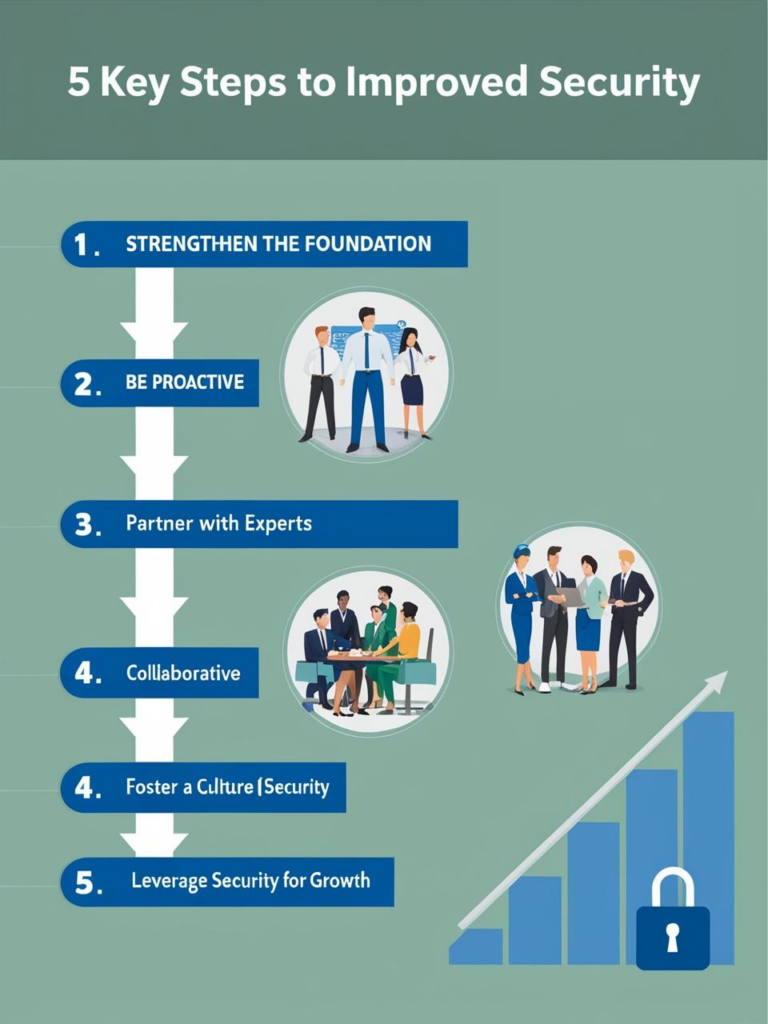
Good cybersecurity does more than protect your business. It can:
Increase customer trust and loyalty
Reduce downtime and improve productivity
Open doors to larger clients and contracts
Enhance your reputation as a modern, responsible business
One client of ours won a contract with a large healthcare organization specifically because they demonstrated strong security policies.
Cybersecurity: An Investment in Growth, Not Just Protection
For years, many businesses thought of cybersecurity as just a cost — something you did to avoid problems.
Today, the smartest businesses see it differently.
Cybersecurity is a competitive advantage.
Businesses that invest in proactive, outcome-focused cybersecurity are:
Winning more business
Avoiding costly disruptions
Protecting their employees and customers
Sleeping better at night
Ready to Strengthen Your Business?
At Golden Hills IT, we specialize in helping small and mid-sized businesses build resilience.
We don’t sell fear. We deliver results.
If you’re ready to stop worrying about cyber risks and start focusing on growth:










